AgTalk | Align marketing with how people make decisions: FCB's Willcox
Perhaps at a certain level our minds knew that marketing is ‘a business of making choices’, but never really sat down to explore what leads to them than typical demographic and psychographic consumer profiling.
However, increasingly science has focused on neuroscience and there have been talks of mapping consumer brains.
Realizing that marketing is increasingly become more complex and it is not just about getting the consumer to choose your brand, FCB launched the Institute of Decision Making to provide our clients with behaviorally based insights on how to influence consumer choice.
Matthew Willcox is the Executive Director of FCB’s Institute of Decision Making. He Spearheads the endeavor to uncover and highlight ways to change and influence human behavior while bringing the resulting best practices to clients.
Currently his book The Business of Choice is making: Marketing to Consumers’ Instincts is making waves. Adgully spoke to him about his book, evolution in consumer studies, neuroscience and evolution of advertising and media as a discipline. Excerpts:
Adgully: What does your role entail and how does this help in the overall functioning of the agency?
Matthew Willcox: Marketing is all about getting your brand chosen. Many scientists agree that we have learned more about the thinking brain in the last 10-15 years than in all of human history. What scientists are learning about this and about human behavior in general means that we now have a different understanding of how people arrive at their choices.
If you believe – as I suggest in my book – that marketing is the business of choice, then understanding everything you can about choice is an imperative. So my role is to keep the agency and our clients aware of what is being learnt. We use this to help existing clients get their brands chosen, to give us an edge in new business and even for training sessions about how we make some of our choices within the organization.
AG: You have spent a sizable amount of time within the organization, how have you seen the industry evolving over the last two decades?
MW: Amongst the many and profound changes in the industry, I think there are three big ones that relate to what I do. The first is obviously digital. Digital changes pretty much everything, but I would argue that one thing it doesn’t change is human nature. Rather than changing it, it unleashes it, by unfettering some of our instinctual impulses. We are naturally social animals – social networks amplify that impulse. Behavioral and neuroscience shows that we have a strong preference for immediate rewards over delayed ones – digital caters to this tendency of human nature. Digital makes it even more critical for marketers to understand how our instincts and human nature affect how people choose.
The second is that choice just continues to get more complex. Supermarket shoppers are now confronted with tens of thousands of options in the largest stores – twenty years ago there were merely thousands. The internet makes choice almost infinite. Getting your product or service chosen has never been tougher. Again, a good reason to understand the nature of how people choose.
The third is that building a great brand – the thing that guaranteed a great career in advertising and marketing ten or twenty years ago – is no longer enough. Don’t get me wrong – brands will continue to have immense commercial value, because they make choice easier and more rewarding, but they are just one shortcut people use to make their decisions. Studying how people naturally choose reveals other important shortcuts that drive consumer decisions at an intuitive or instinctive level, and marketers need to bring an understanding of these into their marketing. Marketing’s best practice for decades was to be brand-centric. I think it is to become more decision-centric.
AG: Who is the Institute of Decision Making targeted at? In today’s day and age, how does an Institute like Institute of Decision Making help the internal as well as the external audiences?
MW: As I’ve said, we exist to help FCB’s clients get chosen, but I also think we have a wider role, which is to evangelize behavioral and neuroscience to the industry at large. It’s also very important for us to build relationships with the worldwide community of scientists who investigate behavior and delve into the whys and hows of human decision-making. Without their ideas and discoveries, we would neither have much advice to give to marketers nor much value to add to the agency!
AG: Tell us about your book “Business of Choice”? What inspired you to launch this book?
MW: Since establishing the Institute of Decision Making, I’ve had the good fortune to meet and work with some brilliant academics in the areas of behavioral science and neuroscience. The work these scientists and their colleagues are doing is fascinating in what it reveals about how we choose. What’s interesting is how much of this work relates directly to behavior change, and how it suggests that a traditional marketing approach may not be the best way to engineer changes in behavior. Understanding what is being learnt could really give marketers the edge in getting their brands chosen yet most it never gets into the hands of marketers. So I became quite passionate about spreading what I was learning. When Pearson/Financial Times approached me to write a book that packaged some of the most interesting ideas and research I’d come across in a way that made it accessible, interesting and useful for the advertising and marketing community, I leapt at the opportunity.
AG: What are the key elements that the book has touched upon?
MW: The three main themes of the book are first of all, marketing is about getting chosen, so it is important for marketers to know everything about choice. The second theme is that behavioral science and neuroscience show us that humans use intuitive shortcuts to arrive at their choices, and that these are as much part of what it is to be human as any physical capabilities we have inherited over hundreds of thousands of years from our ancestors. They are truly part of human nature. Thirdly, I show readers how by understanding these shortcuts, and designing marketing that embraces them, we can make the choices our business and marketing objectives require people to make natural choices. Whether your objective requires people to choose one brand over another, to practice environmentally friendly behaviors or to live a healthier lifestyle – you’ll do better if you can align your marketing with how people naturally make decisions.
AG: How will the readers benefit out of this?
MW: Understanding how to make a brand a natural and instinctive choice is the end benefit. But I hope that readers will embrace some of the ideas in the book and think differently about how people choose, and how they, as marketers, can influence this. I’m very fortunate that the topic area I have chosen is interesting not just from a business and creative perspective, but also from a personal perspective. Insights into human nature are interesting to us because they also explain some of the choices we have all made as individuals. That is where the really fun discussions start!


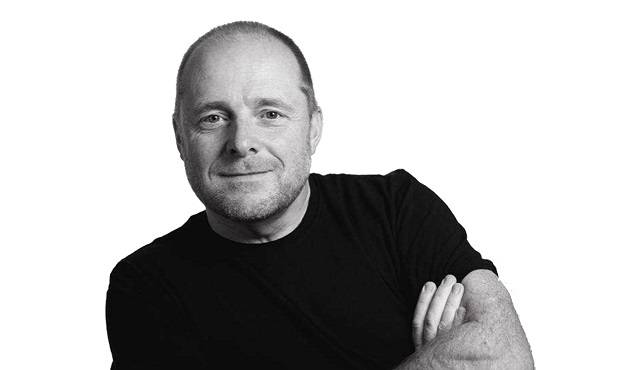
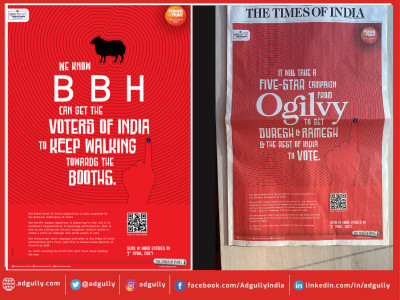
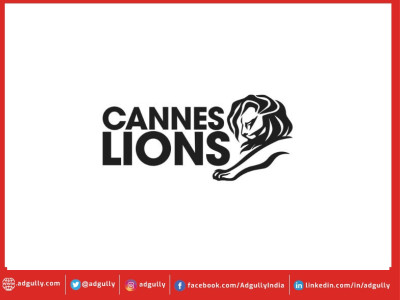

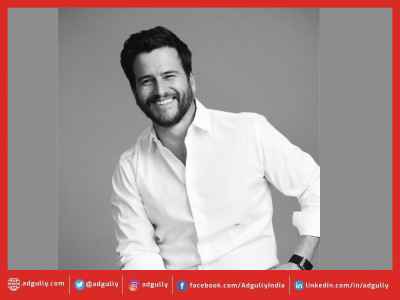
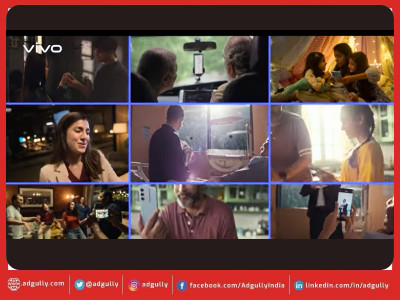
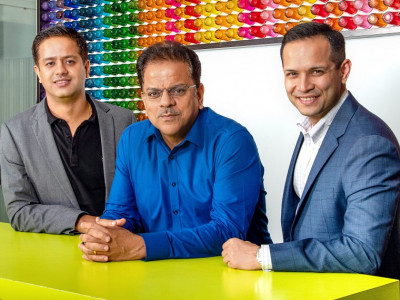
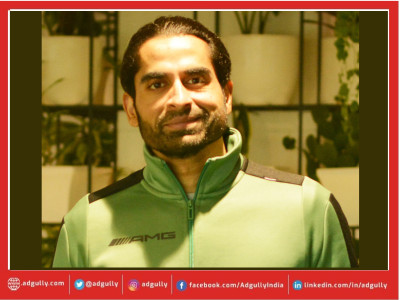

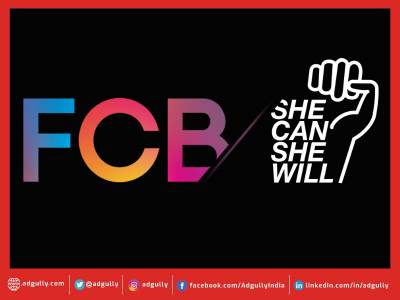
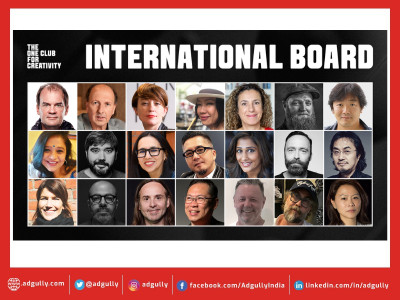



Share
Facebook
YouTube
Tweet
Twitter
LinkedIn